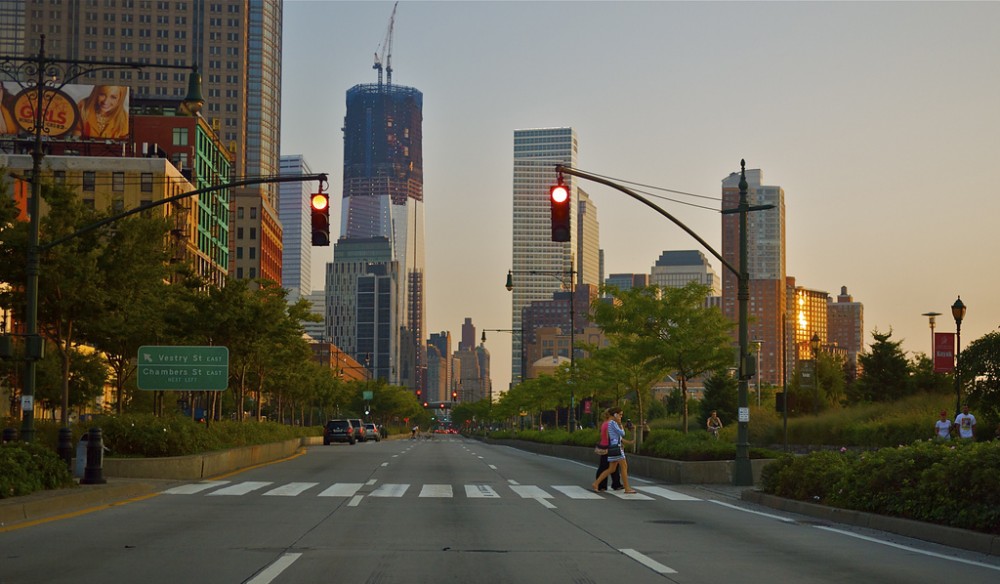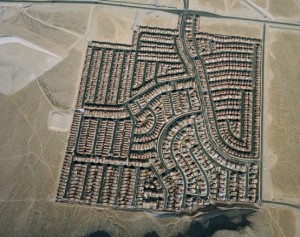Throughout my Lafayette College career, I was accustomed with the idea that suburban sprawl is bad. It requires a lot more land compared to a city, people have to travel farther to work contributing to longer drives, public transportation is inadequate at these areas and it is a very insipid place. It also cements the car more in our society. I even wrote a blog on this topic and described the problems with suburban sprawl.
So if these ideas were implanted in my mind for the last three or so years, how can it be good? Well, in class this past Tuesday we had a very interesting guest by the name of Mr. Wendell Cox. He explained that cities should naturally expand and grow to facilitate economic growth. He went on to say that the only way to eradicate poverty and protect the environment is by achieving economic sustainability. In other words, in order to have social and environmental sustainability is to first have economic sustainability.
According to Cox, there is a strong correlation between the amount of travel time between one’s job and home that facilitates maximum productive output by people. I believe he said 45 minutes. He was against building new expressways to urban centers to reduce travel times, but he stated that cities should expand with no restrictions so people can arrive to work sooner. Well, how does that work? Suburban areas are less dense than city centers so there is less congestion on area roads and expressways. People arrive to work faster and production levels increase consequently achieving economic sustainability.
I am impressed because I feel that this is the first legitimate claim that states that we should endorse suburban sprawl. I have been hearing the same opinions for years; that suburban sprawl was an egregious consequence of the interstate highway building era. Mr. Cox gave some interesting points and I will try to get his PowerPoint he presented us and post it on my site.

